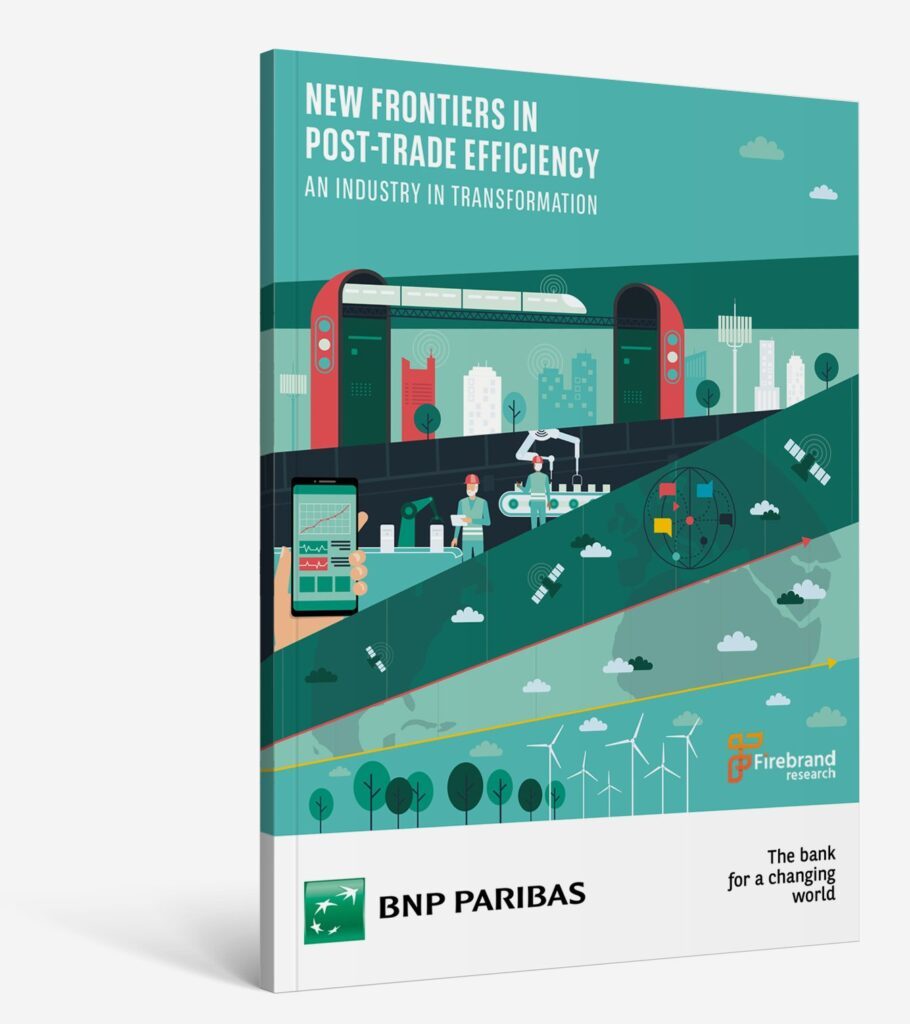Find relevant news to you
Find out more about our solutions

Asset and fund services

Custody, Clearing & Cash

Corporate trust

Market and Financing Services
We are Securities Services at BNP Paribas
As you reach for new markets, asset classes and investment strategies, we are your long-term asset servicing partner.
Find out how we are connecting you to a world of opportunity.
Follow us on social media
NEW FRONTIERS IN
POST-TRADE EFFICIENCY
AN INDUSTRY IN TRANSFORMATION
Increasing efficiency is an accepted aim across our industry, but no global plan exists for its advancement. We explore worldwide and regional trends across asset servicing, market infrastructures and digitalisation, and how they’re executed locally.

